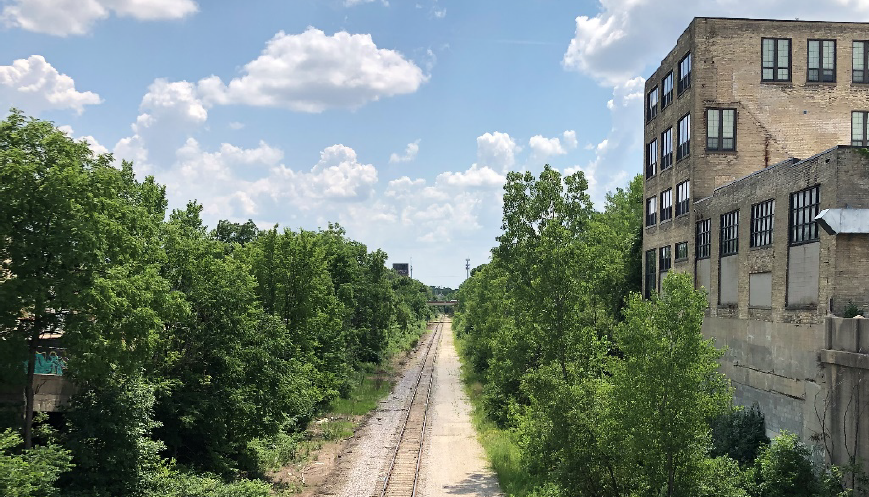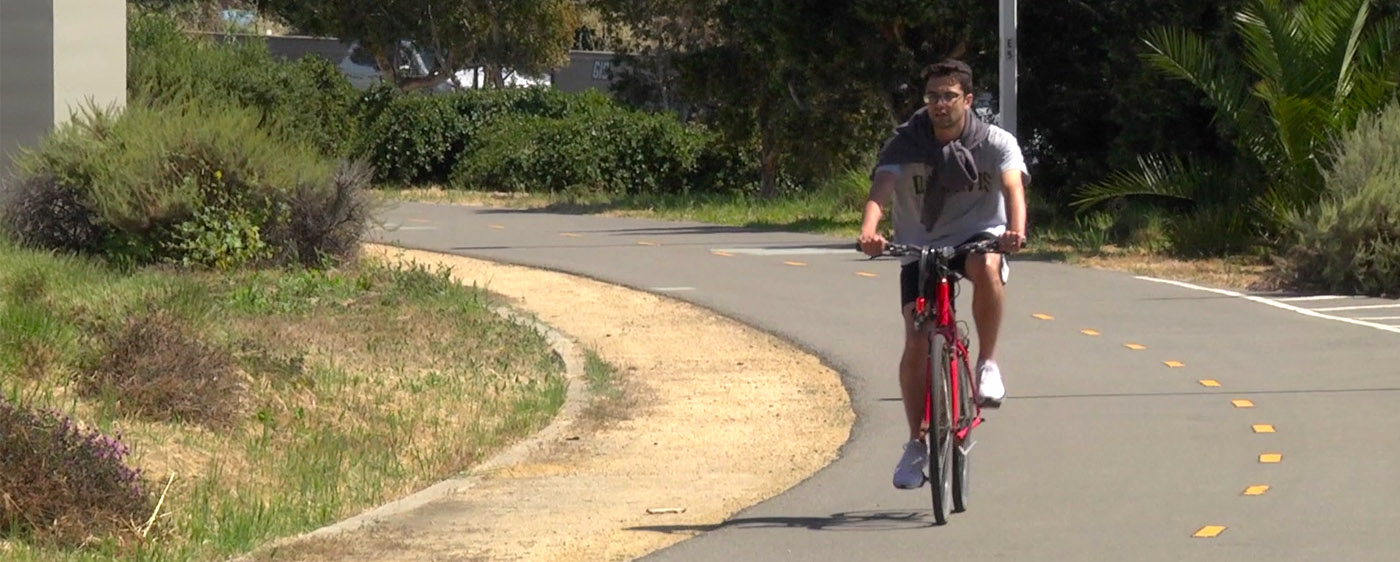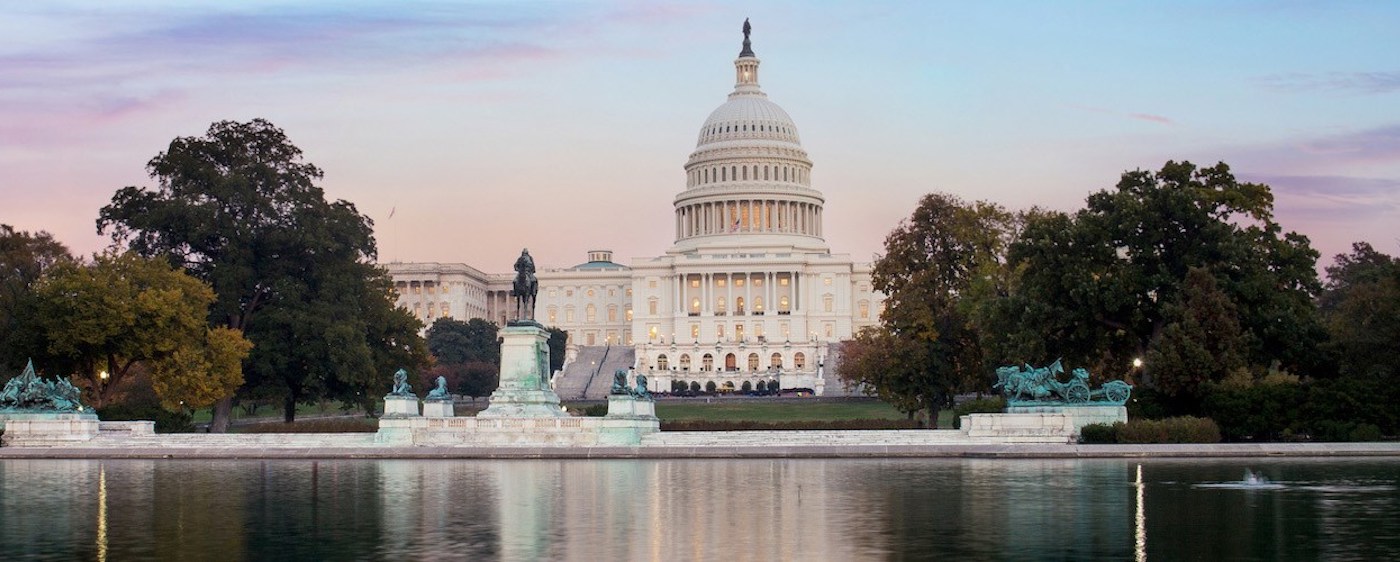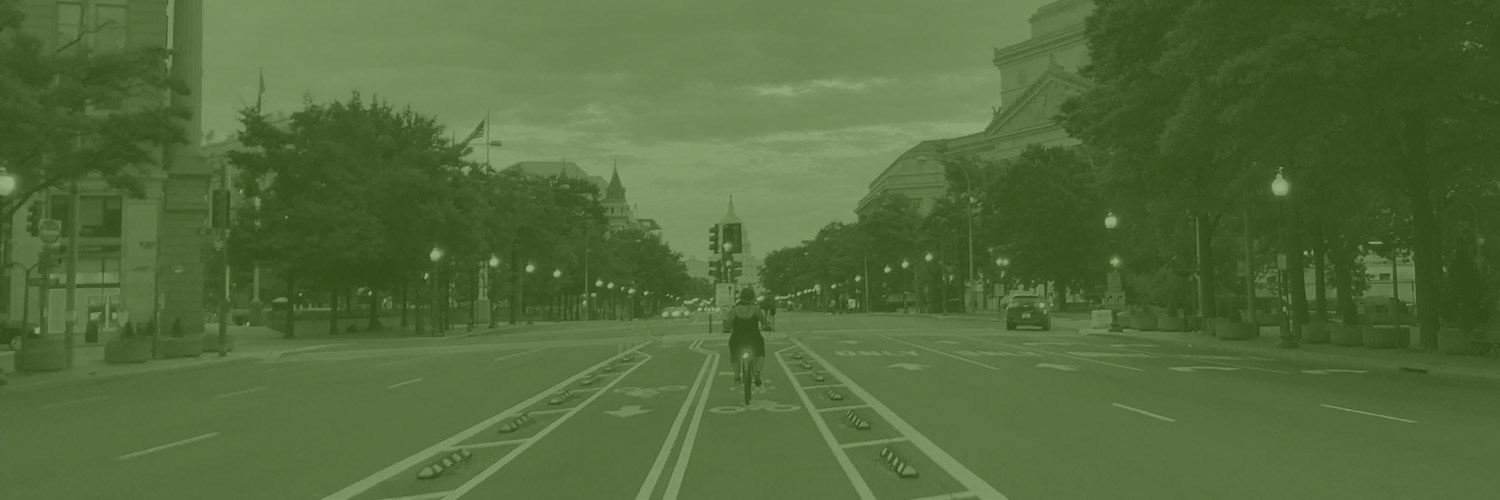Reconnecting Communities Pilot Program
Photo courtesy Getty Images
Please note that funding for this program has been allocated and is no longer available.
FY 2024 RCP Grants
In early January, USDOT announced $544.6 million in Reconnecting Communities Program grants. These FY 2024 grants prioritize projects that address soaring demand for safe, connected regional walking and biking routes, with more than 3/4 of the projects addressing the needs of pedestrians and bicyclists, and nearly twenty percent of funding — more than $111 million— going to projects that exclusively focus on trails and other walking and biking infrastructure, including trail and active transportation networks. You can find the full list of awards here. The FY24 cycle combined funding for FY 2024, 2025 and 2026, meaning up to $607 million is available for construction, planning and technical assistance.

A new discretionary program created by the Bipartisan Infrastructure Law (BIL), the Reconnecting Communities Pilot program (RCP) will provide $1 billion in funding over the next five years to support planning, capital construction, and technical assistance to restore community connectivity equitably and safely through the removal, retrofit, mitigation, or replacement of certain transportation infrastructure that have created mobility, access, or economic development barriers.
Facilities that are eligible for this program include highways, roads, streets, or parkways, as well as other transportation facilities such as railroad tracks, that have created barriers to connectivity due to high speeds, grade separations, and other design factors.
This program focuses on restoring community connectivity and eliminating barriers to mobility, access, or economic development through two types of grant funding opportunities – each with their own eligibility and applicant requirements – as well as provide technical assistance for eligible applicants:
- Planning grants to study the feasibility and impact of addressing an existing eligible facility or to conduct planning activities necessary on an existing facility. These grants are to be used to plan studies associated with addressing an existing facility that decreases mobility, public engagement activities to seek input on removing or converting an existing facility, or other transportation planning activities required in advance of addressing a barrier. Eligible applicants include States, units of local government, federally recognized Tribal governments, metropolitan planning organizations, and nonprofit organizations.
- Technical assistance for recipients that demonstrate need as an underserved, overburdened, and disadvantaged community. The Department will prioritize technical assistance to these communities to assist in building organizational or community capacity to engage in transportation planning and identify innovative solutions to local infrastructure challenges.
- Capital construction grants for the removal, mitigation, or replacement of existing eligible facilities for which all necessary studies and planning activities have been completed. Facility owners must serve as eligible recipients of these grants, likely a state or local government agency with jurisdiction. Other entities may partner with facility owners.
In FY22, the first year of program implementation, $185 million was available for construction and planning projects. Most of the FY22 awards included safe and convenient accommodations for pedestrians and bicyclists as an essential part of the solution to historic barriers to mobility and access. Many also included the creation or enhancement of parks and greenspaces that may be otherwise lacking. Buffalo, New York, received $55.6 million to cap a highway, create new greenspace and employ Complete Streets design principles to ensure pedestrian safety and access to community services and amenities. In Oakland, California, funding for a feasibility study regarding removal of Highway 980 in conjunction with Oakland’s Grand Avenue Mobility Plan will advance plans to improve walking and biking access to the future West Oakland Link and overall Bay Skyway—a priority for the Bay Area Trails Collaborative, one of RTC’s TrailNation™ projects.
FY23 RCP funding was combined with one-time Neighborhood Access and Equity (NAE) funds, authorized under the Inflation Reduction Act, to create the Reconnecting Communities and Neighborhoods (RCN) Program. Projects focused solely on trails, walking and biking accounted for $834 million or 25% of the total $3.3 billion in funding. 85% of all of the 132 projects include elements that account for active transportation—bringing to light the depth of demand for this infrastructure nationwide.
Quick Facts:
- Type: Discretionary grant program
- Administered By: The U.S. Department of Transportation (USDOT)
- Year Created: 2021 with the passing of the Bipartisan Infrastructure Law (BIL)
- Federal Share: The federal share is 80% for planning grants and no more than 50% of total project costs for capital construction grants.
- Also Known As: RCP

Resources
- The United States Department of Transportation Reconnecting Communities Grant Page
- FY24 Opportunity: https://grants.gov/search-results-detail/355098
- The United States Department of Transportation – Overview of Funding and Financing at USDOT: https://www.transportation.gov/rural/toolkit/overview-funding-and-financing-usdot
- The Federal Highway Administration and Federal Transit Administration’s Transportation Planning Capacity Building Program: http://www.planning.dot.gov/default.aspx
- The Federal Highway Administration’s Community Impact Assessment: https://www.fhwa.dot.gov/livability/cia/index.cfm
- Combined NOFO: Reconnecting Communities Pilot and Neighborhood Access & Equity Programs: https://content.govdelivery.com/accounts/USDOT/bulletins/35ffd91
- Reconnecting Communities and Neighborhoods (RCN) NOFO Release: https://content.govdelivery.com/accounts/USDOT/bulletins/363a746
- Biden-Harris Administration Announces New, Streamlined Funding Application Process for Infrastructure Projects That Reconnect Communities: https://www.transportation.gov/briefing-room/biden-harris-administration-announces-new-streamlined-funding-application-process

